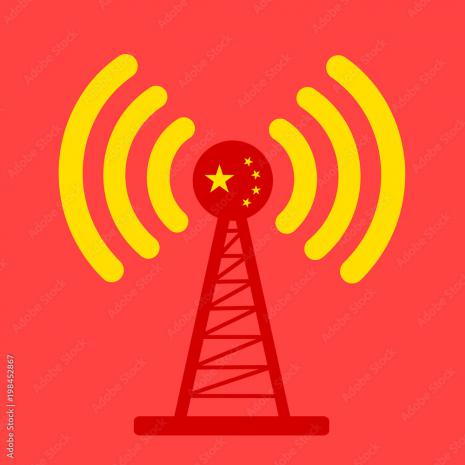
Breaking News
 A Weird Obsession - and a Strange Duality
A Weird Obsession - and a Strange Duality
 Debt, Inflation, and the Illusion of Protection
Debt, Inflation, and the Illusion of Protection
 Newsom Gives $90 Million in 'Emergency' Funds to Planned Parenthood
Newsom Gives $90 Million in 'Emergency' Funds to Planned Parenthood
 Winter survival guide: Essential skills for thriving in snow and ice
Winter survival guide: Essential skills for thriving in snow and ice
Top Tech News
 New Spray-on Powder Instantly Seals Life-Threatening Wounds in Battle or During Disasters
New Spray-on Powder Instantly Seals Life-Threatening Wounds in Battle or During Disasters
 AI-enhanced stethoscope excels at listening to our hearts
AI-enhanced stethoscope excels at listening to our hearts
 Flame-treated sunscreen keeps the zinc but cuts the smeary white look
Flame-treated sunscreen keeps the zinc but cuts the smeary white look
 Display hub adds three more screens powered through single USB port
Display hub adds three more screens powered through single USB port
 We Finally Know How Fast The Tesla Semi Will Charge: Very, Very Fast
We Finally Know How Fast The Tesla Semi Will Charge: Very, Very Fast
 Drone-launching underwater drone hitches a ride on ship and sub hulls
Drone-launching underwater drone hitches a ride on ship and sub hulls
 Humanoid Robots Get "Brains" As Dual-Use Fears Mount
Humanoid Robots Get "Brains" As Dual-Use Fears Mount
 SpaceX Authorized to Increase High Speed Internet Download Speeds 5X Through 2026
SpaceX Authorized to Increase High Speed Internet Download Speeds 5X Through 2026
 Space AI is the Key to the Technological Singularity
Space AI is the Key to the Technological Singularity
 Velocitor X-1 eVTOL could be beating the traffic in just a year
Velocitor X-1 eVTOL could be beating the traffic in just a year
The Sprawling Radio Network That China's Firewall Can't Stop

A pocket-size shortwave radio.
For three years, Mr. Chen looked forward to the hours after curfew. With a blanket wrapped over his head and the radio's metal antenna parallel to his body, he lay still as the vibrating device under his ear brought to life a world outside the prison's walls. Petitioners, protesters, human rights abuses, a grassroots movement to cut ties with the Chinese Communist Party (CCP)—in that tiny murmuring voice, he saw them all. He was free.
Over the decade since Mr. Chen escaped to the United States, the pool of Western broadcasters for information-hungry Chinese like him has shrunk considerably.
Radio powerhouses—BBC, Deutsche Welle, Voice of America—have either cut back on their China service or moved programs online. Meanwhile, the "Great Firewall," the regime's censorship apparatus aimed at isolating China digitally, seems only to grow taller by the day.
Bucking the trend is a largely volunteer-run radio network called Sound of Hope, whose 10 p.m. and midnight segments kept Mr. Chen informed about current affairs in China during his years in prison.
The company now boasts one of the largest shortwave broadcasting networks around China, with about 120 stations beaming signals to China 24/7.
Allen Zeng, Sound of Hope's co-founder and CEO, sees shortwave as the answer to the regime's information blackout.
"They can turn off the internet, carry out the killing, wash clean the blood, and turn it back on," he told The Epoch Times, pointing to Iran's pattern of blocking the internet during nationwide protests.
With shortwave radio, though, "they have nowhere to turn it off," Mr. Zeng said.
"It's like the rain falling down from the sky—they have no way to block the sky."



